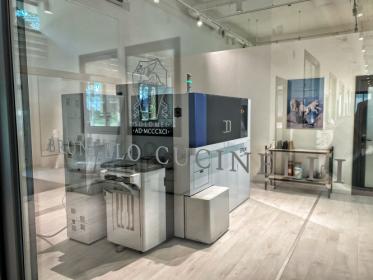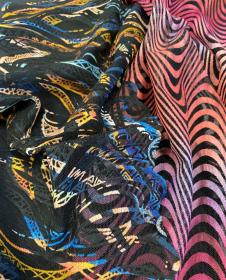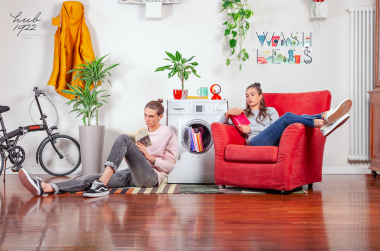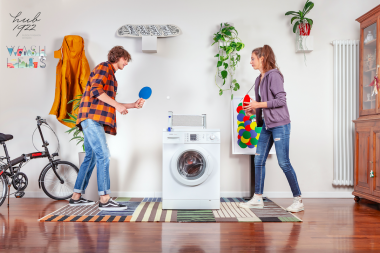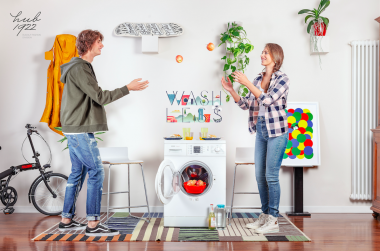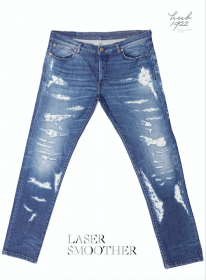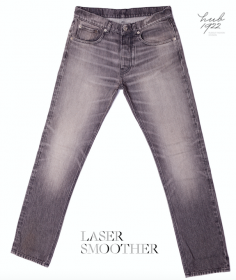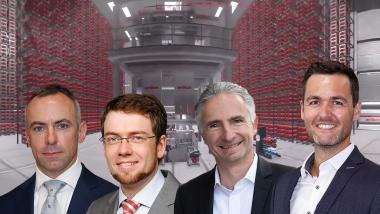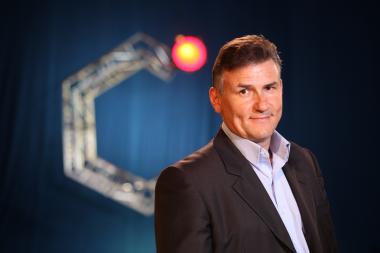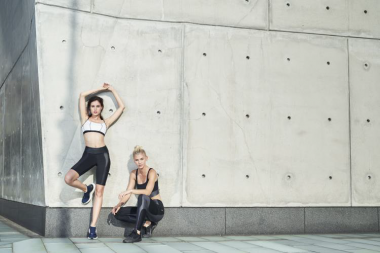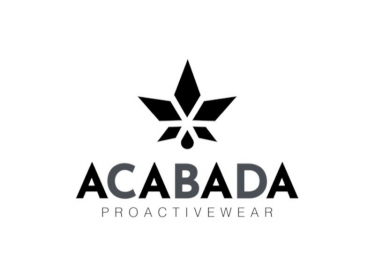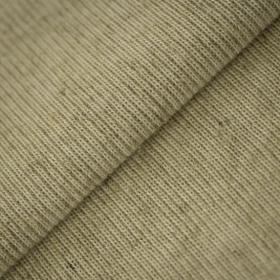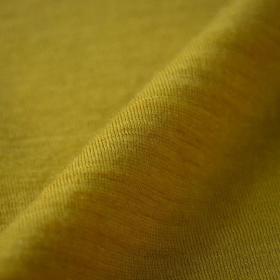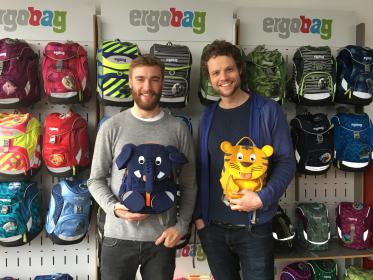Modelabel Brunello Cucinelli setzt nachhaltiges PaperLab von Epson ein
Das Technologieunternehmen Epson hat mit der italienischen Luxusmodemarke Brunello Cucinelli eine Partnerschaft geschlossen, um das PaperLab von Epson einzusetzen. Das PaperLab ist ein innovatives und nachhaltiges Papierrecyclingsystem, das es Unternehmen ermöglicht, den Ressourcenkreislauf zu schließen und die Kreislaufpapierwirtschaft auf ihrem Weg zur Nachhaltigkeit vollständig zu nutzen.
Mit dem PaperLab von Epson können Unternehmen Papier in einem Prozess recyceln und upcyceln – eine zirkuläre Lösung, die Papier, Abfall und Energieverschwendung erheblich reduziert. So kann Brunello Cucinelli sein Papier in einem einzigen Prozess nicht nur recyceln, sondern auch upcyceln.
Epson hat sich im Rahmen seiner Unternehmensvision „Epson 25“ verpflichtet, die Emissionen in der Lieferkette bis 2030 um mehr als zwei Millionen Tonnen zu reduzieren. Die Strategie ebnet Unternehmen den Weg, ihre Geschäftsmodelle anzupassen. Ein Beispiel hierfür ist ein funktionierender Recyclingkreislauf in Büros. Etwa die Hälfte des gesamten Abfallaufkommens im Büro ist Papier, mit entsprechenden CO2-Fußabdruck. Es wird geschätzt, dass Papier mehr als ein Viertel des gesamten Abfalls auf Deponien ausmacht und ursächlich für rund 42 Prozent der weltweiten Holzernte ist.
Das PaperLab fungiert als Katalysator für ein zirkuläres Büro-Ökosystem, indem es gleichzeitig Wasser und Holz spart und CO2-Emissionen reduziert. Basierend auf der innovativen Dry Fiber-Technologie von Epson kann das PaperLab stündlich bis zu 720 A4- oder 360 A3-Blatt Papier produzieren. Neben Umweltaspekten ist das PaperLab auch unter Sicherheitsgesichtspunkten interessant, denn das Papier wird so zerstört, dass sensible Inhalte nicht wiederhergestellt werden können.
Epson Deutschland GmbH


